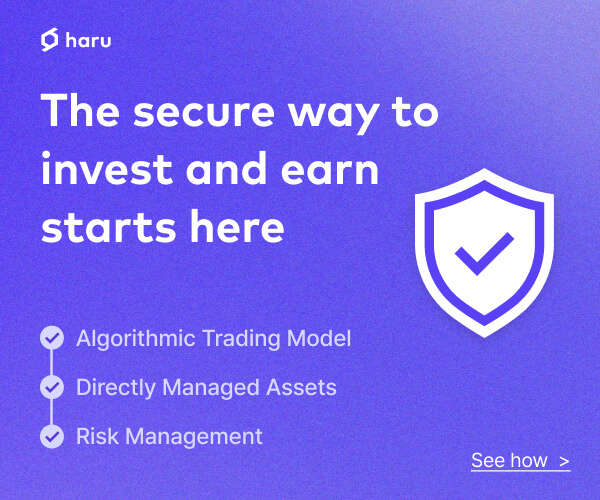Connect fans to the artists with NFTs – Public Pressure – SlateCast #41

NFT Marketplace Public Pressure’s founder and CEO, Sergio Mottola, met with CryptoSlate’s Akiba to talk about music NFTs today and tomorrow.
What do NFTs offer?
Moving forward, Akiba asked Mottola to talk more about what NFTs offer to the music industry and artists.
Public Pressure is looking to elevate NFT technology to migrate the music industry to Web3. The main goal here is to provide full transparency and fair revenue sharing.
“If we’re talking about complete transparency, this transaction is going to work. Everyone in the crypto space will say it’s the perfect way to use NFT.”
“The real game changer is the relationship with the fan base,” Mottola replied, adding that NFTs create a tool that allows artists to own their fan community.
“For now, they are [the artists] don’t own the community because every tool they use to communicate with their fan base, like Instagram and Facebook, is centralized.”
Mottola added that Public Pressure’s primary goal is to innovate to strengthen the relationship between the fan base and the artists.
Public pressure
Mottola defines Public Pressure as a “web3 media company that sits atop an NFT marketplace dedicated to the music industry.”
Public Pressure includes two marketplaces, primary and secondary. The primary marketplace is “a place where you can drop your NFT collection,” says Mottola, adding, “then we have a secondary market for secondary exchanges as well.”
According to Mottola, the Public Pressure marketplace is also designed to guarantee that the artists receive a certain percentage of the sum each time NFT changes ownership.
The future of NFT music
Public Pressure aims to become the number one music media company running on the Polkadot (DOT) ecosystem in the long term. For short-term goals, Mottola said, the company is looking at IP and rights since there is “a lot of work to do there.”
Mottola said his thoughts on whether NFT technology will replace record labels are “not a takeover, but more like a merger.” He noted that simply creating an iTunes for Web3 will not work.
Mottola said:
“We designed the platform to allow the labels to exist as an actor alongside the artist. There was a lot of creative work that was done by the labels. If you’re good at producing, marketing and distribution, I don’t think you can be destroyed by a piece of technology which allows artists to run their own record label.”
“Killing businesses doesn’t grow,” Mottola said as he concluded his remarks, “it’s about growing the relationship with the artist and the fan base.”


